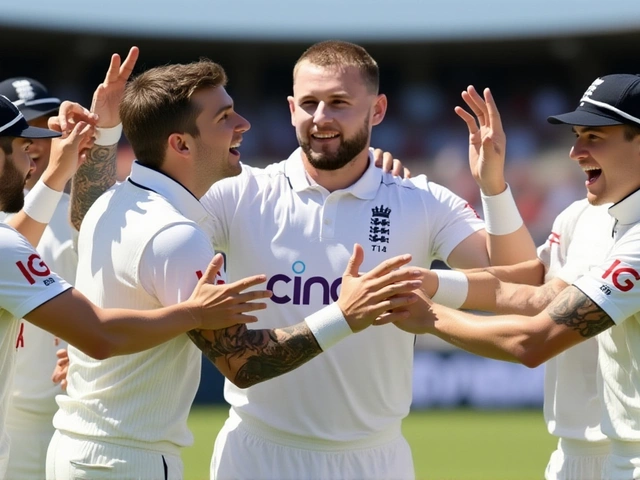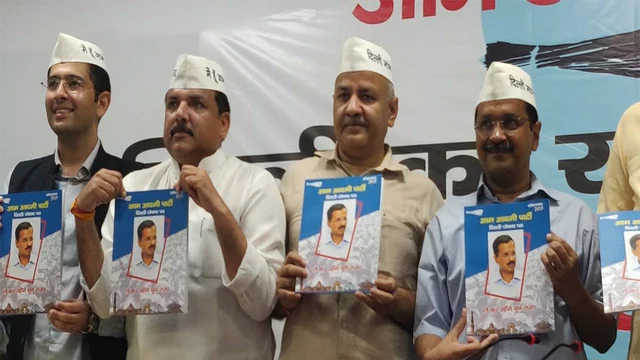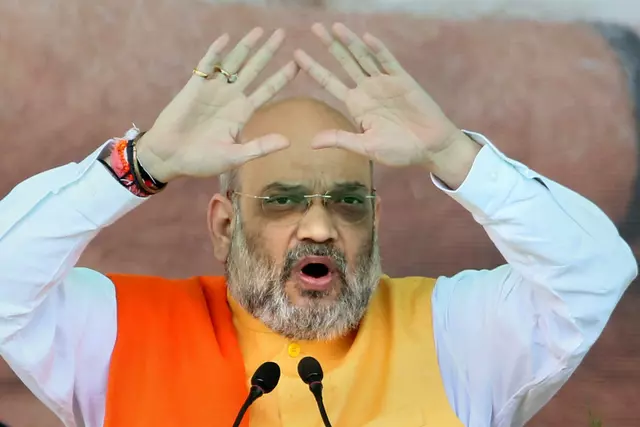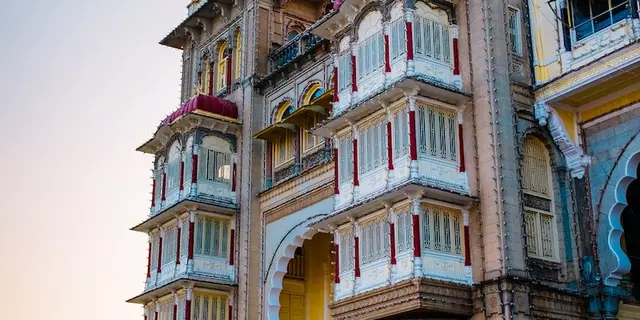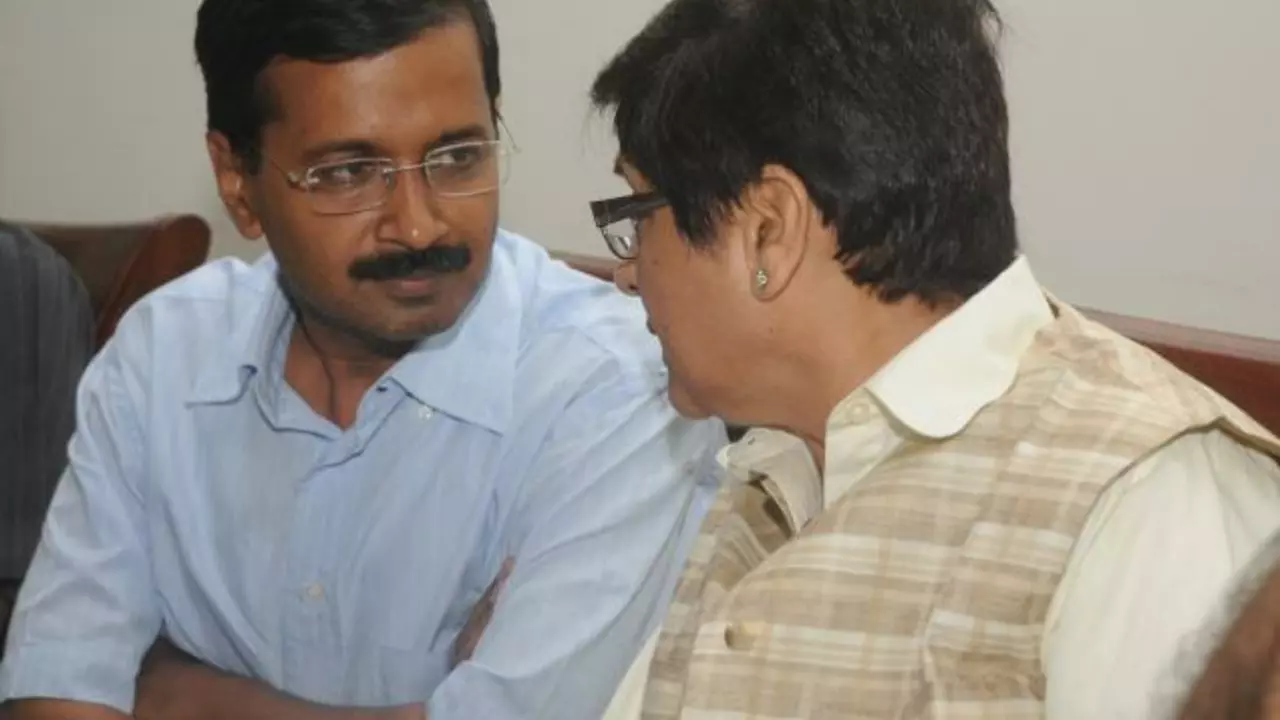 11
Jul,2023
11
Jul,2023
Introduction to Arvind Kejriwal's Political Landscape
Arvind Kejriwal, the Chief Minister of Delhi, has been a significant figure in the political landscape of India for a while now. A former bureaucrat turned politician, Kejriwal has been a polarizing figure, eliciting strong sentiments from both his supporters and detractors. As a blogger, I've had the opportunity to engage with the Delhi public on numerous occasions and today, I'll be sharing the varied perspectives I've gathered on this political figure.
Kejriwal’s Policies and Public Perception
Kejriwal and his party, the Aam Aadmi Party (AAP), have introduced numerous policies aimed at improving the lives of Delhi citizens, including initiatives on electricity, water, education, and healthcare. However, the public’s perception of these policies varies greatly. Some laud Kejriwal for his work, appreciating the efforts to make basic amenities more accessible. But there are also critics who claim these policies are populist measures, designed more for political gain than public welfare.
Political Style and Public Reaction
Kejriwal's style of politics, often described as activist in nature, has received mixed reactions from the public. On one hand, there are those who appreciate his confrontational approach against corruption and his willingness to challenge the status quo. On the other hand, some citizens view his style as disruptive and anarchic, causing unnecessary tension and conflicts in the political sphere.
Impact on Delhi's Infrastructure
Kejriwal's tenure as Chief Minister has undeniably brought about changes in Delhi's infrastructure. While some citizens point out improvements in areas such as public transport and education facilities, others argue that much more could have been achieved in the span of his tenure. The overall sentiment suggests a need for a more balanced and focused approach towards infrastructure development.
Kejriwal’s Public Image
Arvind Kejriwal's public image is a topic of heated discussion among Delhites. While his supporters view him as a representative of the common man fighting against corruption, critics see him as a shrewd politician using populist measures to secure votes. His public image is further complicated by his frequent clashes with the central government, which some perceive as a sign of his uncompromising stance against corruption, while others see it as a sign of his inability to maintain harmonious relations for the benefit of Delhi.
Conclusion: The Verdict of Delhi Public
From my interactions with the Delhi public, it is clear that opinions on Arvind Kejriwal are as diverse as the city's population. While there is no denying his impact on Delhi's political landscape, the perception of that impact varies widely among the city's residents. Ultimately, the verdict on Kejriwal is not a clear cut one - it is a complex blend of approval, disapproval, and everything in between.
